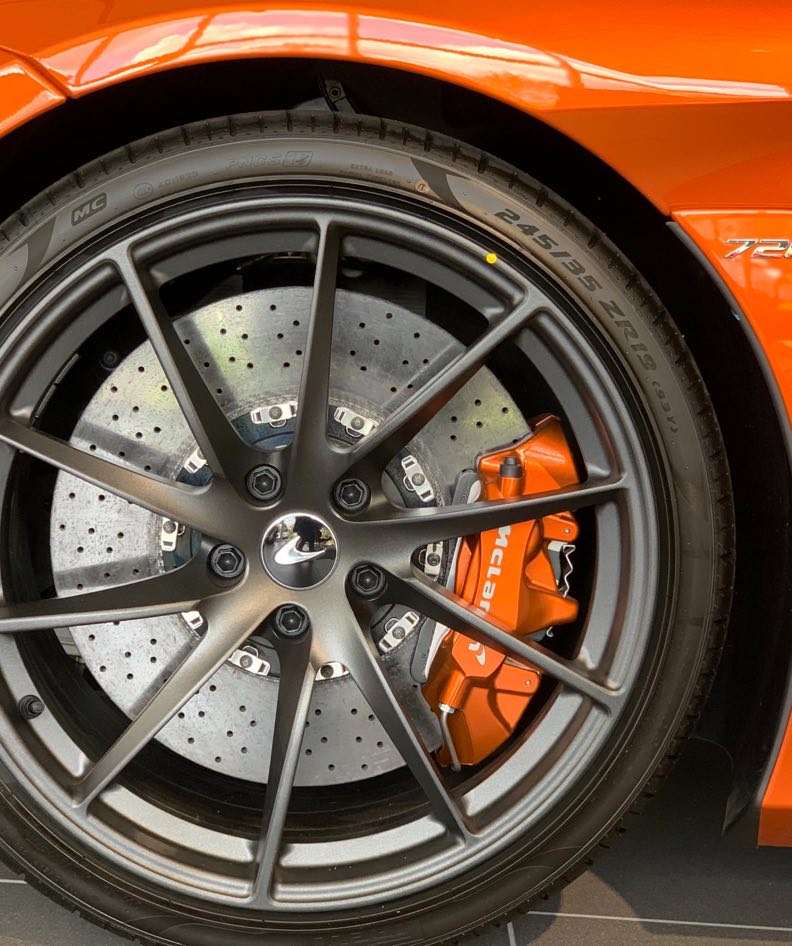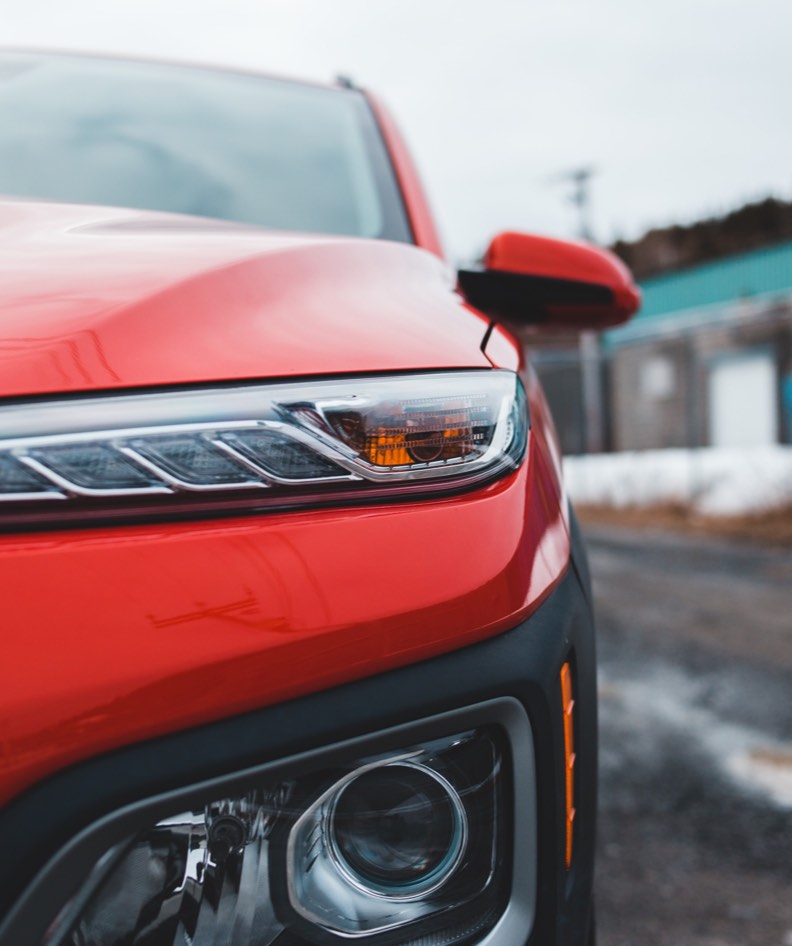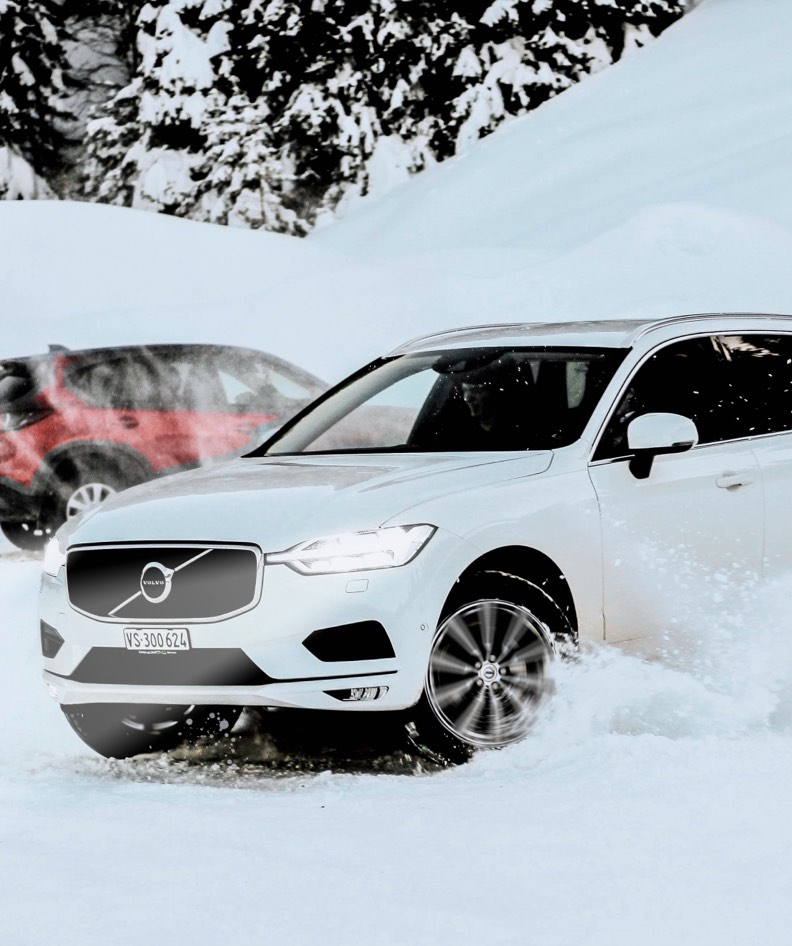Winter driving conditions can be hazardous due to factors such as snow and ice on the road. While it’s important that you are prepared for winter driving, it is also important that your car is up for the challenge. Follow the recommendations below before the winter season to make sure your car can handle winter road conditions. Before you hit any harsh winter conditions, have your vehicle serviced to prepare it for the challenges winter can pose.
SWITCH TO WINTER TIRES
If you live in a place that experiences extremely cold winter temperatures, it is recommended that you install winter tires when winterizing your car. When the temperature consistently hovers around or below freezing, the rubber compounds in non-winter tires harden, decreasing the tire’s ability to grip the road. Winter tires use special compounds engineered to resist hardening in cold temperatures, providing better traction in ice, snow, slush, and even dry pavement.
MAINTAIN TIRE PRESSURE
Every 10° change in ambient temperature could mean a gain or loss of 1 PSI. This means you should check pressure more regularly during winter and refill your tires as needed. Appropriate pressure for your tires can be found on the tire placard in the driver’s side door jamb or in your vehicle owner’s manual. Before going out for a long winter drive, check to see how temperatures may change while you’re out. Changing temperatures can affect both your traction and driving ability if there is a sudden change that you’re not prepared for.
INSTALL WINTER WIPERS
Replace your windshield wiper fluid often. A single snowstorm can exhaust a large amount of this fluid, so refill the washer reservoir frequently with windshield wiper fluid formulated for winter conditions. If you’re unsure if your washer fluid is the right formula for low temperatures, add a bottle of washer fluid antifreeze to the reservoir. You’ll find it at most auto parts stores.
“I’ve been going to these guys for a while now since they are close to me. They are friendly and honest. I know nothing about cars but they’ll take the time to explain things to me in a non condescending way.
John Doe Tweet
With this in mind, when you idle your car, you are burning more fuel with little to no benefit. After all, your car’s engine has been optimized to operate in cold temperatures without the car stalling. The only reason to idle your car is to warm up the cabin and defrost the windshield, which should take about 3 minutes.
Idling your vehicle for 10 to 15 minutes before starting your journey will increase pollution. With a lot of the fuel exiting the engine unburned or partially burned, your car will release a lot of toxic fumes.
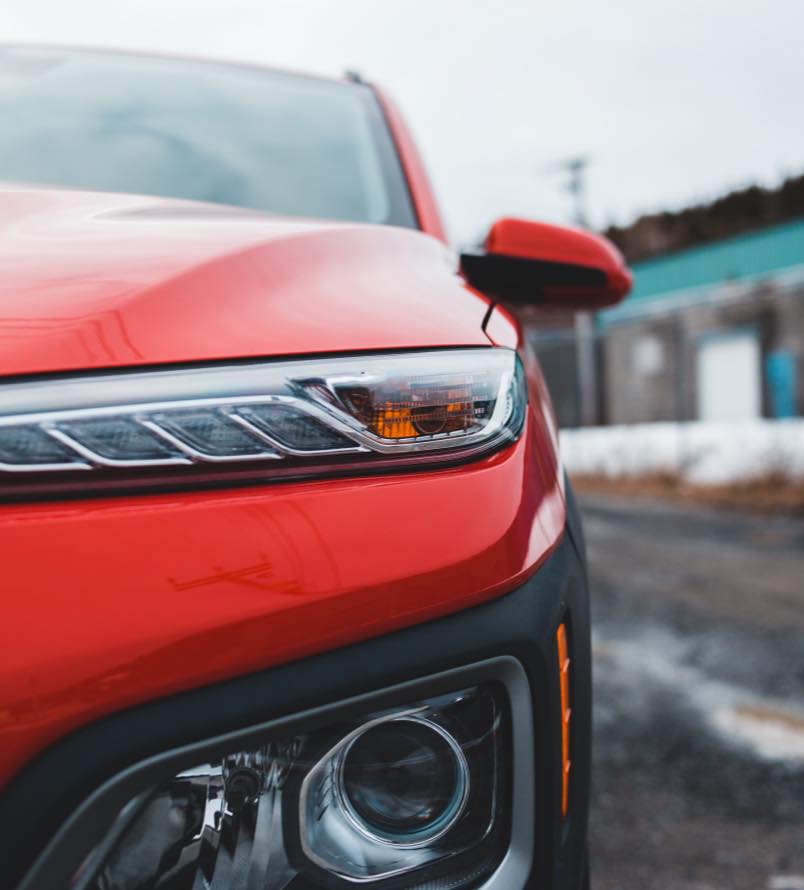
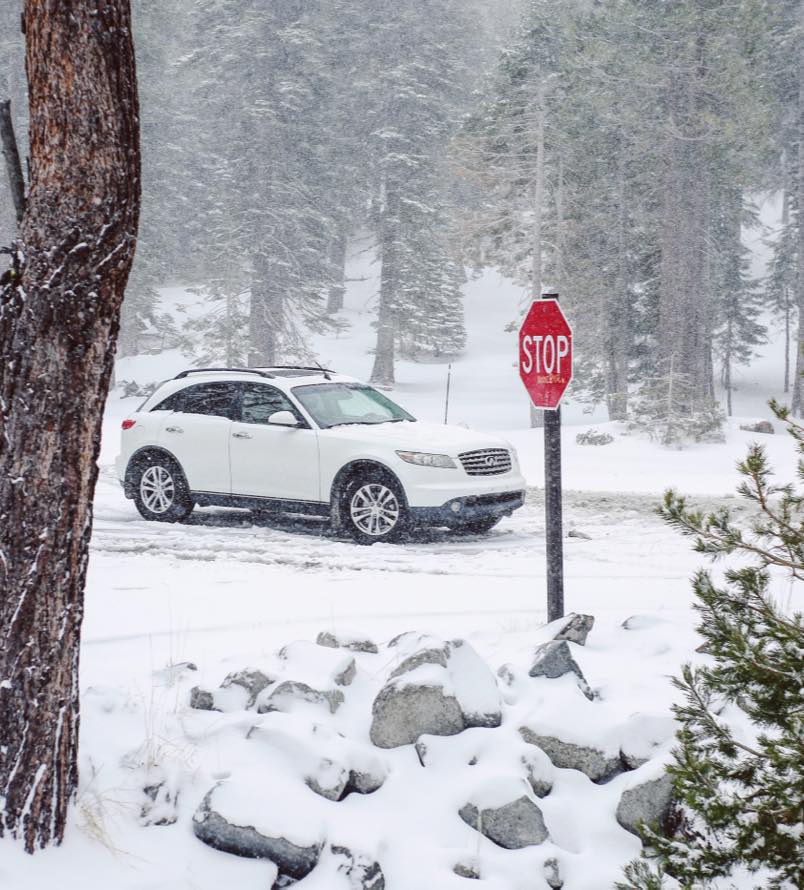
PACK A WINTER SAFETY KIT
Before heading off on a trip, store common tools and supplies in your car in case of an emergency. Use this infographic below to know what to pack before heading out into the snow. Fill up often! Keeping gas in the tank is more important in winter than in summer. Why? For one thing, a full tank reduces condensation, which can prevent gas line freeze ups. Not only that, but if you’re ever stranded, your engine may be the only thing to keep you warm until help arrives.
Being unable to see behind you could create unsafe driving conditions.
That’s why several states have laws stating that all your windows must be clear of condensation and debris.
When winterizing your car, check your rear-window defroster before cold weather arrives to be sure it’s working properly.
When do you need repair?
The mechanical parts of the alternator are sealed, but the sitting water can damage it as the lubricator wears away. Repeated exposure to water can cause damage to the brushes by the electrical arc and wear out. Early detection is always better. Check your dashboard signals while you drive, if the ignition is on it will show a battery light on your car dashboard. This means you need to look at it quickly. Likewise, inoperative plates in the car can be the reason for battery failure.
